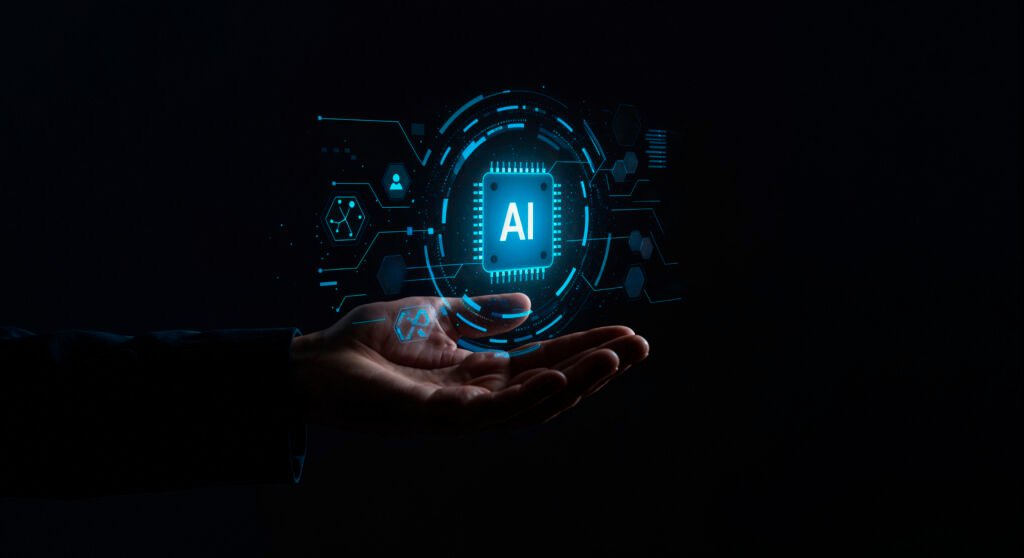In a dramatic turn of events in the AI industry, Elon Musk’s startup, xAI, has filed a lawsuit against OpenAI, alleging that the company has stolen trade secrets. This legal battle highlights the increasingly competitive and contentious landscape of artificial intelligence development.
The lawsuit claims that OpenAI has improperly accessed proprietary information belonging to xAI, which Musk established to develop advanced AI technologies. This allegation raises significant concerns about intellectual property and the ethical boundaries of competition in the rapidly evolving AI sector.
Musk, a co-founder of OpenAI, has been vocal about his concerns regarding the direction of AI development and the potential risks associated with it. His decision to launch xAI was motivated by a desire to ensure that AI is developed safely and responsibly. The lawsuit against OpenAI reflects both personal and professional stakes in the ongoing debate over the future of artificial intelligence.
As the case unfolds, it could set a precedent for how trade secrets are protected in the tech industry, particularly in the field of AI, where rapid innovation is common. The outcome may also influence public perception of both companies and their commitment to ethical AI development.
This legal battle underscores the importance of transparency and accountability in the tech industry. As competition intensifies, companies must navigate the fine line between fostering innovation and respecting intellectual property rights. The implications of this lawsuit extend beyond the two companies involved, as it could shape the landscape of AI development for years to come.


